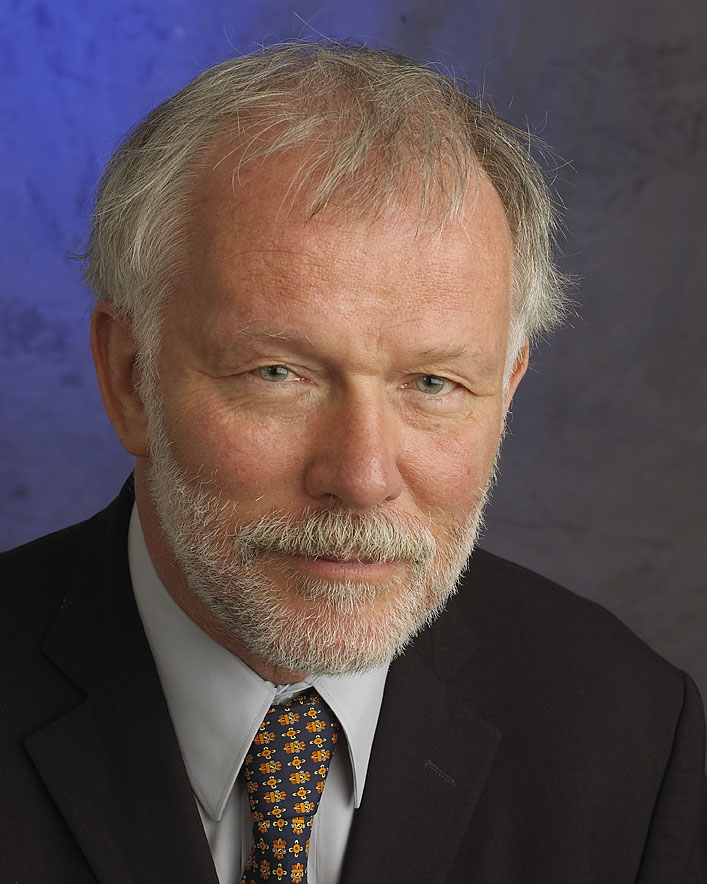September 11, 2012

Sander van der Leeuw

Lee Hartwell
New this fall, educators-in-training can be equipped with a wide breadth of knowledge pertaining to all facets of sustainability. Arizona State University’s Mary Lou Fulton Teachers College, Biodesign Institute, and School of Sustainability have partnered together to create a course called Sustainability Science for Teachers.
Lee Hartwell, a distinguished sustainability scientist in ASU’s Global Institute of Sustainability and Virginia G. Piper Chair of Personalized Medicine, leads the course along with School of Sustainability alumnus Annie Warren and Teachers College Assistant Professor Leanna Archambault. The course aims to provide future educators with successful teaching methods to engage younger students in sustainability science.
“How can we introduce science in a way that feeds the natural curiosity and interest that kids have rather than destroying it?” says Hartwell. “We [teachers] no longer need to become domain experts. We’re seeing the bright young kids being able to move from one arena to another and solving problems.”
The hybrid course is one of five offered through the Teachers College that address key science concepts. The five courses are housed under the program, Reforming Science Education for Teachers and Students (ReSETS). By bringing together university-wide scientists, education experts, and technology specialists, ReSETS allows future educators to learn from professional experience. The Sustainability Science for Teachers course focuses primarily on sustainability education aimed at the K-8 level.
“Sustainability teaching should be started in kindergarten,” says Sander van der Leeuw, dean of the School of Sustainability. “That is the best way in any society to get the kind of change of mindset that we need.”
But why frame sustainability as a science instead of another discipline? The course uses science to understand the rules and limitations of the world and therefore, make decisions on what the world should be like.
“The people that are going to be using sustainability science are going to be the young ones of today,” says van der Leeuw. “They will think very, very differently about what sustainability science is actually all about by the time they get to the point of practicing it.”
To stay ahead of future conceptions of sustainability science, the course is organized by competencies and topic areas that address the issues of today while preparing new educators with tomorrow’s ways of thinking. Students learn four competencies: futures thinking, systems thinking, strategic thinking, and values thinking. These competencies are then applied to specific topics of sustainability like trends, ecosystem services, fossil fuels, energy, population, and production.
The end result is a well-informed student who will become an expert educator on sustainability issues. For the younger generations, that means turning community impact into global impact.

